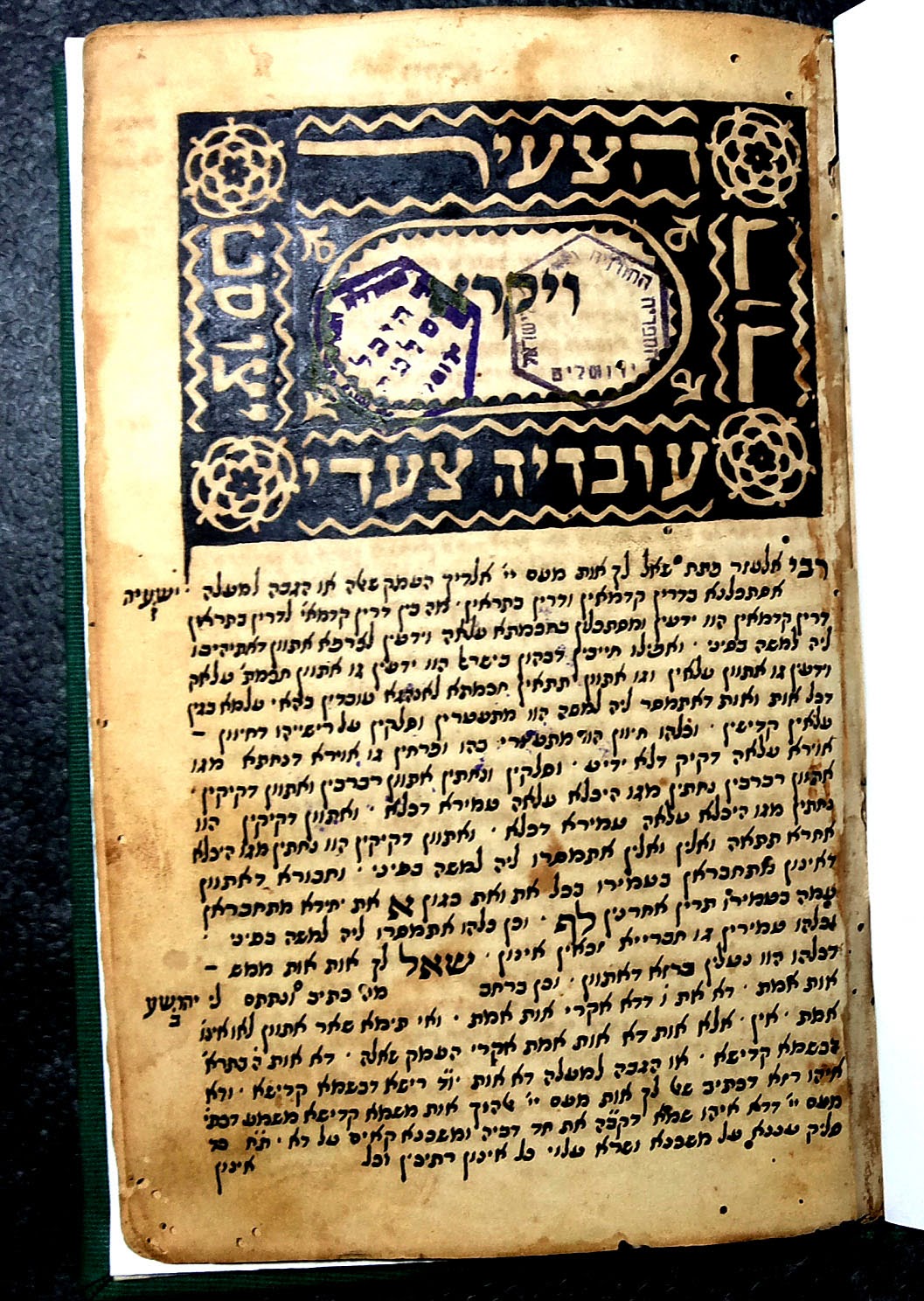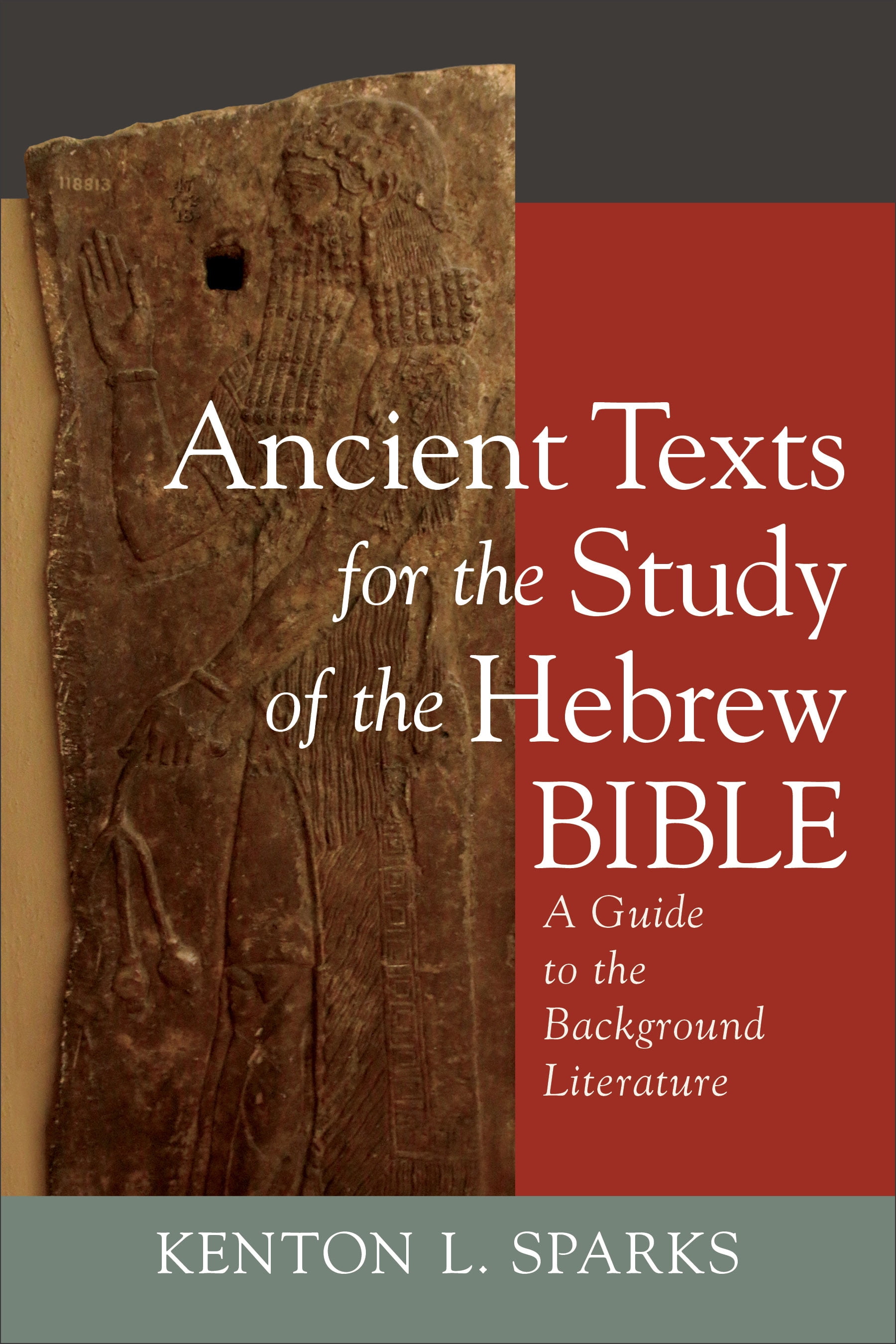

It covers every major genre of book in the Old Testament together with in-depth discussions of major themes such as human nature, covenant, creation, ethics, ritual and purity, sacred space, and monotheism.
#Hebrew bible series
The first among these is the word Shadday, but also the series of so-called “ el-epithets” found in the book of Genesis: El Elyon, El the Creator of Heaven and Earth, El Roi, and El Olam.This book brings together some of the world's most exciting scholars from across a variety of disciplines to provide a concise and accessible guide to the Hebrew Bible. A few other divine titles are name-like but not, properly speaking, names. These two names-YHWH and its compound forms as well as elohim in its usage as a name-cover the majority of instances when the Hebrew Bible names God. Another Hebrew noun for god, eloah, shares a similarly dual purpose: mostly it is a generic word for divinity but sometimes it is the caption for the one God of Israel (i.e., YHWH). However, also as in English, Hebrew elohim occasionally functions as a proper name: capital-G God. It is also typically a common noun similar to the English word “god” that is, it signifies one among a class of divine beings. The word elohim in Hebrew means “god” or “gods.” It is technically a plural noun, although most of the time in Hebrew it refers to a single divine agent. Several names are formed by joining YHWH together with a second word, for example: YHWH ṣebaoth, a phrase that is usually translated into English as “the Lord of hosts” or again, another example: YHWH elohim, translated “the Lord God.” The second part of this compound name is also an important name for God in its own right. 50a) also records a rabbinic interpretation of Exod 3:15 according to which God says “This is my name to conceal.”īut God has other names in the Hebrew Bible, too.


These customs probably trace back to the influence of several other biblical texts, including the fourth commandment of the Decalogue (Exod 20:7//Deut 5:11) and Lev 24:16. Later Christian copies of the Greek Old Testament would bring the oral tradition directly into the text itself, substituting Greek κύριος, “Lord,” for YHWH. As it turns out, this practice has an ancient pedigree: already in the Second Temple era, spoken recitations of the Hebrew Bible replaced Hebrew YHWH with the Hebrew word for “Lord,” adonay, and written manuscripts marked the name YHWH with special orthography. English translations obscure the prominence of God’s name by replacing Hebrew YHWH with the common noun “ Lord,” written in small caps. Four texts within this body of literature give special attention to God’s disclosure of the divine name to humankind: in Gen 4:25–26 shortly after the creation of the first humans and in Exod 3, Exod 6, and Ezek 20 at the time of God’s emancipation of the Israelites from their enslavement in Egypt. This name is by far the most common designation for God in the Hebrew Bible. In everyday English parlance, God’s name is simply “God.” In the Hebrew Bible, however, the God of Israel has a personal proper name, similar to “Susan” or “Teddy”: the four-lettered name YHWH, also known as the Tetragrammaton (Greek for “four letters”).


 0 kommentar(er)
0 kommentar(er)
